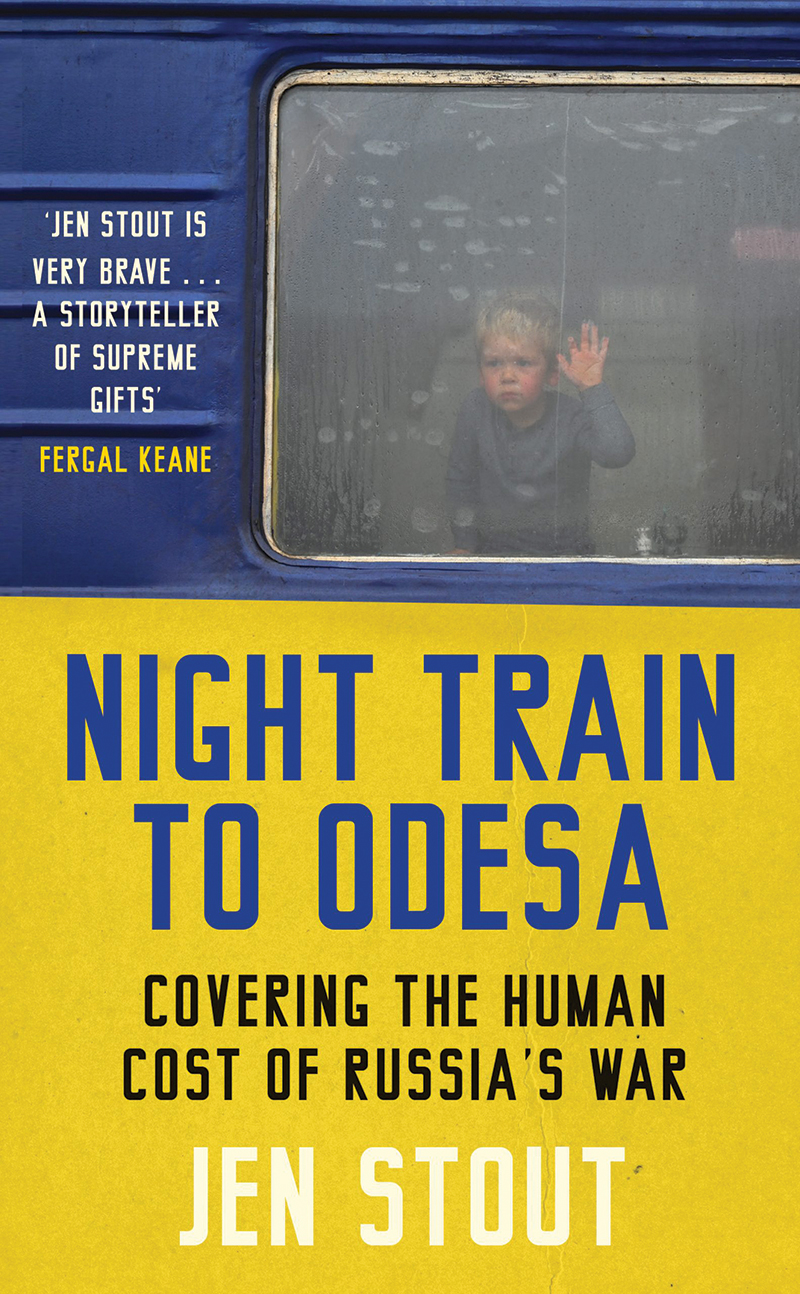Seeking respite from the destruction wreaked by missiles on Kharkiv, Jen Stout snatches a few moments by the river. The author of Night Train to Odesa has already borne witness to the blown-out windows of the Derzhprom (the city’s avant-garde Soviet showpiece), the bombed-out schools, the high-rises where cats now roam. But the sight of fishermen “still as herons” and swallows that dart in “dizzying patterns” send “little waves of happiness wash[ing] through [her].”
It is Stout’s openness to the beauty that survives amid the dereliction, and the joy that survives amid the despair, that makes her book so extraordinary. Though true to its subtitle – “covering the human cost of Russia’s war” – it is less a threnody than a triumphal hymn: to our capacity for love and endurance in the face of unthinkable brutality.
Get the latest news and insight into how the Big Issue magazine is made by signing up for the Inside Big Issue newsletter
Stout was not a war reporter when Putin invaded in February 2022; she was a Shetland-based journalist on a fellowship to Moscow. As all those on the fellowship were evacuated, she faced a choice: return home or try to find a way to report on Ukraine, a country she had visited five years earlier. She chose the latter.
It was a daunting prospect for a young woman with no financial backing or hostile environment training. There were those who regarded her as foolhardy, even reckless. The figure she cuts – a tiny powerhouse in an over-sized flak jacket doggedly making her way from one bombed-out city to the next – is as poignant as it is impressive.
But Stout’s inexperience is also an asset. Ukraine is more to her than her latest tour of duty and her affinity with its landscape and culture bubbles over into descriptions so vivid they glow in the dark. She is especially good on Ukrainian food, investing “pickle, fried meat patties and potato salad liberally layered with dill,” and “honeycomb, skewered, freshly dripping” with a sensuality born of hunger, and an understanding of the importance of hospitality when so much else has been stripped away.










